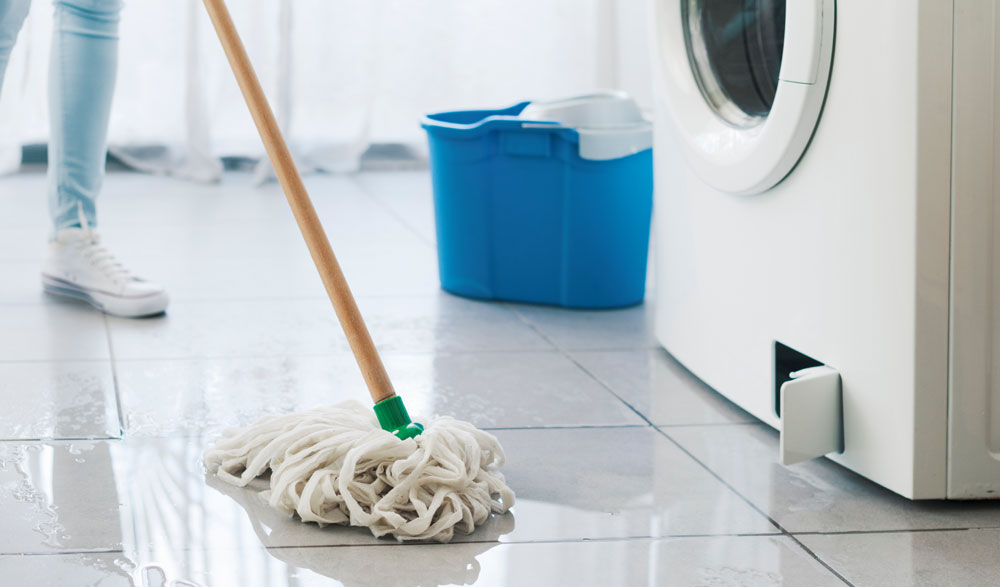How to Prevent Water Damage in Your Home


The last thing a homeowner ever wants to find in their house is water dripping, trickling, or pooling where it’s not supposed to be. That’s because even a small amount of unwanted water in a home can quickly cause structural damage, ruin personal belongings, and lead to a buildup of mold or mildew. As a property owner, it’s essential to know where water damage is likely to start and how to identify any potential water-related issues before they become a serious problem.
The Andover Companies has created a downloadable information sheet that answers the following three questions homeowners often have about protecting their home from water damage:
Since taking preventive action is so vital, this info sheet includes a detailed checklist that should help you evaluate 10 key areas of your home’s interior and exterior and whether you’re doing everything you can to protect your property from water damage. For example, this checklist may help you determine:
Downloading this information sheet should help you identify which areas of your property might be vulnerable to a water leak and how to address any issues you encounter.
Download the tip sheetIf, despite your best efforts to protect and maintain your property, water damage occurs, the immediate need is to locate the source of the leak and stop the flow of water. If you can’t pinpoint the problem or if it’s not a simple fix, then it’s best to shut off your home’s main water supply and call a licensed plumber. The next person you should contact is your local insurance professional. If the cause of the water damage is covered by your homeowners insurance, your agent will help you navigate the claims process and provide support and guidance while the necessary cleanup and repairs are completed.
Water damage is one of the most costly, common, and potentially avoidable home insurance claims, but it’s certainly not the only threat to your property. If you would like more information on ways to safeguard your home, please review our blog for additional insights. You will find tips on preparing your home for hurricane season, protecting it from a home fire, preventing a break-in, and more. At The Andover Companies, we are dedicated to helping you take exceptional care of your valuable investment.
Click on the Find an Agent button to search for independent insurance agencies near you.
Contact the independent insurance agency you would like to work with by phone or email.
Leave it up to your agent to uncover the best coverage solutions for your valuable property.